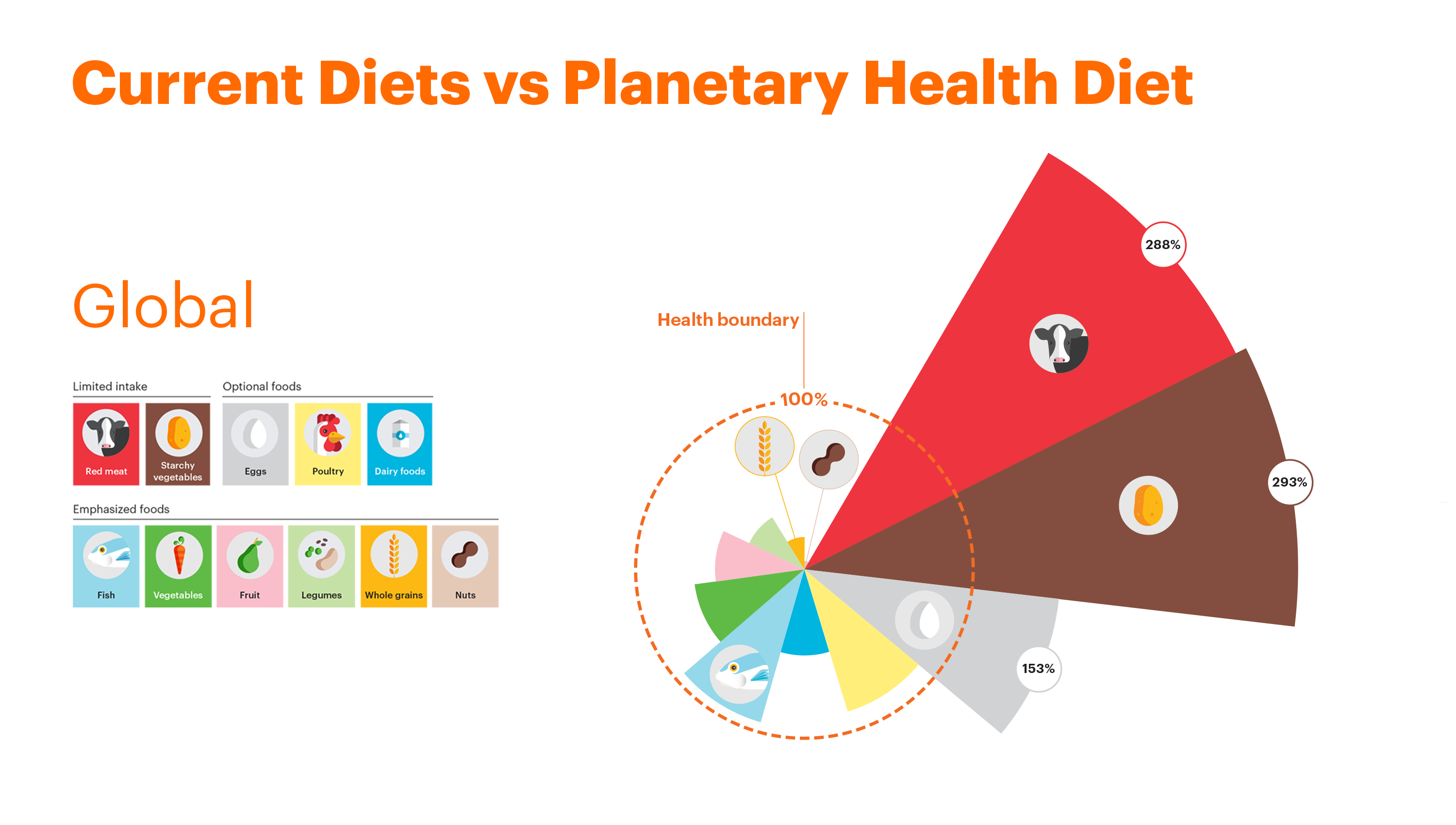COMMENT|, VOLUME 4, ISSUE 8 E309-E311, AUGUST 01, 2020
The UN Framework Convention on Climate Change (UNFCCC) is the primary global forum dedicated to climate change. Despite increasing attention to food security in UNFCCC processes and outcomes over the past decade, including in the preamble of the Paris Agreement and Koronivia workshops, dietary practises have thus far been relatively neglected.
The Intergovernmental Panel on Climate Change identified that dietary practices could mitigate up to the equivalent of approximately 15% of current greenhouse gas emissions per year by 2050. Alongside curbing air pollution, greater adoption of healthy and sustainable diets is potentially the greatest synergy between human and planetary health.
Propositions to bring about global dietary shifts have drawn criticism surrounding the viability of such changes in low-income and middle-income countries, as well as the potential impact on agricultural livelihoods. Although further research is needed to understand the barriers and facilitators to dietary changes amongst diverse populations, this support from farmers and the representatives from low-income ad middle-income countries suggests that including dietary changes in UNFCCC processes and outcomes could receive broad-based support from COP attendees.
There is both a need and opportunity to pursue food systems change considering the threats to food security brought about by COVID-19. There is an imminent need to take planetary health into account and pave the way for a green post-pandemic recovery with clear commitments towards healthy, equitable, and sustainable food systems.
Evidence has shown that meeting the Paris Agreement is not possible without widespread dietary change; we therefore strongly encourage the inclusion of food production, food loss and waste, and dietary changes in negotiations related to Agriculture, Forestry and Other Land Use at the UNFCCC.


No comments:
Post a Comment